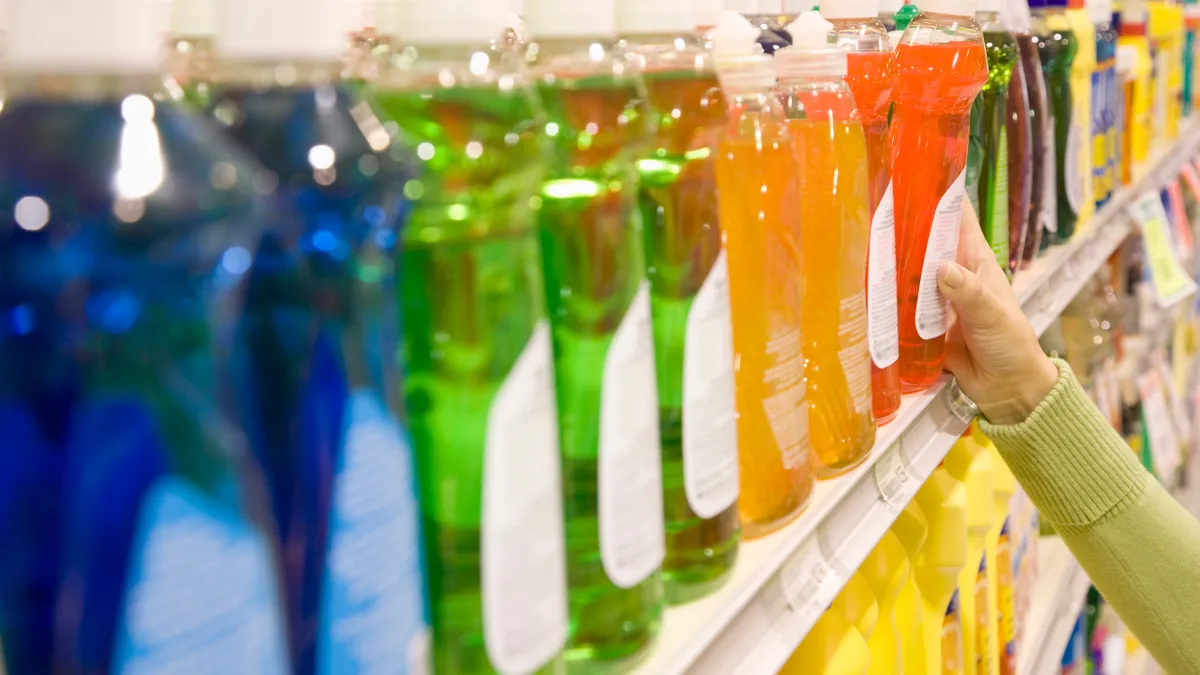Household brands are eager to advertise customer-facing technologies as part of their branding. Internal IT was company business, not designed for public consumption.
Generative AI has inverted that dynamic in the consumer packaged goods industry. Companies looking to develop use cases — but wary of risks — are testing the technology inside the business to develop sound governance.
“Consumer-facing companies are particularly exposed to the risks associated with using generative AI,” EY researchers said in a recent report. “Brands, which can take decades to build a trusted relationship with their consumers, have been rightly cautious in adopting technologies built on open-source or open-access platforms using unfiltered datasets.”
The technology and the regulatory environment around it are evolving quickly, as vendors, lawmakers and enterprises put guardrails in place.
“We need to reduce and minimize these risks around data privacy, hallucinations [and] legal implications,” Arun Chandrasekaran, distinguished VP analyst at Gartner, said in a webinar earlier this month. “Even more importantly, today, AI is fairly unregulated, but that’s going to change.”
There’s work to be done in the meantime.
As CPG companies join in on AI initiatives to ready the tech stack for growing AI workloads, tech leaders are turning their attention to reorganizing data processes and crafting deployment plans that mitigate potential risks.
Kellanova, which split from WK Kellogg Co last year, established generative AI guardrails within the company and used the opportunity to revisit traditional AI investments, according to a February blog post. The food manufacturing company deployed Microsoft Copilot to boost employee engagement and collaboration.
Across the proverbial store aisle, Estée Lauder Companies explored generative AI use cases submitted by employees last year. The cosmetics giant was also an early adopter of ChatGPT Enterprise alongside beverage maker Coca-Cola.
Vendors are rising to the occasion, too. SAP collaborated with IBM to create generative AI solutions for consumer packaged goods and retail clients in January. Salesforce released industry-specific AI-enhanced capabilities for its data dashboards and CRM platform last June.
The global generative AI in CPG market size is expected to grow to $5.4 billion in the next decade, up from $2.3 billion in 2023, according to Market.us analysis published last month. More than two-thirds of CPG companies plan to implement generative AI by the end of this year, according to the report.
As more companies enter the generative AI fray, tech leaders are looking to early adopters for guidance. Only 8% of consumer leaders anticipate adopting leading generative AI practices, while 67% find it challenging to develop and implement an AI strategy, according to EY data.
Here’s how 5 household brands are thinking through the initial implementation stages as CIOs and tech leaders try to move their organizations beyond the technology’s hype:













